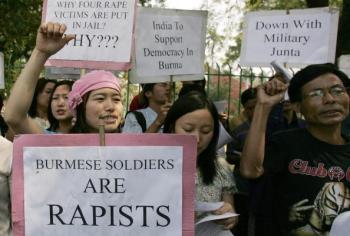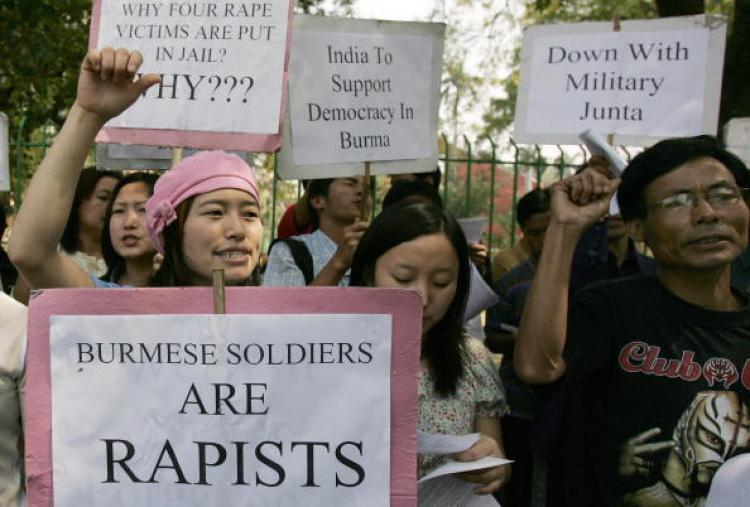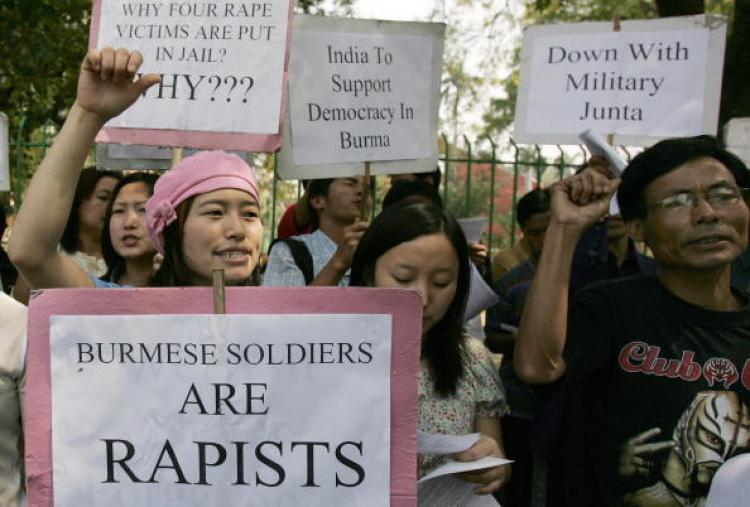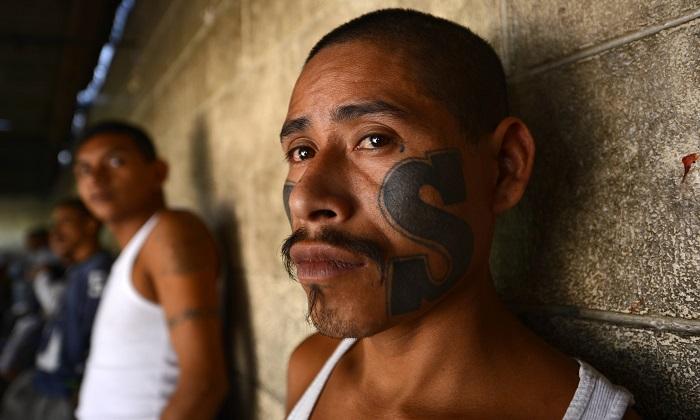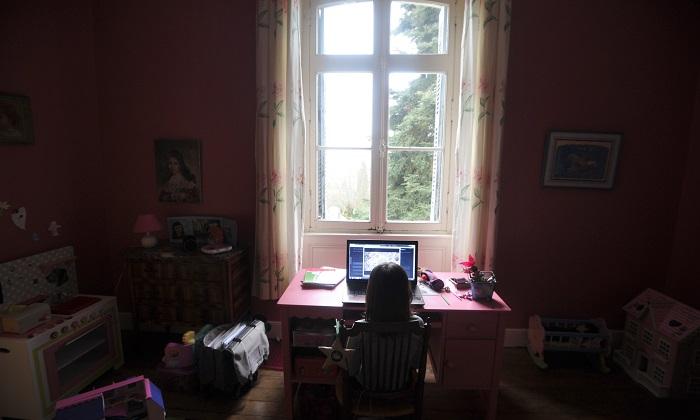BANGKOK, Thailand—Four school girls from the Kachin ethnic minority in Northern Burma (called “Myanmar” by the military junta) were gang raped by government soldiers because they sang Kachin songs at a karaoke club.
After being repeatedly raped, the girls managed to escape and told their families and teachers of their ordeal.
The BBC’s Burmese service later reported the incident which resulted in the girls being charged with defaming Burma’s military rulers and expulsion from school after being canned in front of their classmates.
While nothing happened to the soldiers, the girls were then sentenced to a year in prison. The girls said they were threatened at gun point to plead guilty in court and later threatened with death to reveal how the BBC was informed of their ordeal. They truthfully did not know how the broadcaster knew of their experience. After six weeks the girls were released from prison and not long after that they fled their country.
This was one of the accounts collected by Amnesty International (AI) in their report “The Repression of Ethnic Minority Activists in Myanmar,” which was launched at the Foreign Correspondents Club of Thailand on Feb. 16 in Bangkok.
Involving two years of research, the 58-page report details the Burmese military regime’s repression of ethnic minority activists during the pre-election period from August 2007.
Investigators considered accounts from more than 700 activists from the seven largest ethnic minorities such as the Rakhine, Shan, Kachin, and Chin. Particularly during the Buddhist monk-led “Saffron Revolution,” in 2007, many activist reported facing repression.
Repression Likely to Intensify in Run Up to Elections
The report also puts forward the concern that the upcoming elections this year will intensify the already severe repression of political critics, in particular those fr om the country’s large and diverse population of ethnic minorities who make up 35-40 percent of Burma’s 50 million people.
“Among the human rights abuses perpetuated against these groups have been arbitrary arrests, unfair trials, imprisonment, torture, and extraditable executions,” Benjamin Zawacki, Amnesty International’s Burma expert told the press.
“As elections approach, this reality must be understood and taken into account by the international community,” he said.
Currently AI estimates that there are over 2,100 political prisoners—most of whom the report states are prisoners of conscience who have expressed opposition to the military peacefully.
While the military denies any repression of the population, the reality on the ground Mr. Zawacki said, is of wholesale human rights abuses across the country.
“[The ongoing human rights abuses] illustrates the ways in which the Myanmar government actions are contrary to what elections are intended to offer; namely greater inclusion, greater participation, and empowerment,” said Mr. Zawacki.
“Ethnic minorities play an important but seldom acknowledged role in Myanmar’s political opposition,” Mr. Zawacki added.
The report stated that Burma’s military rulers view this year’s election as a way to strengthen its claim to legitimacy and blunting internal and external criticism. It also said that it would be highly unlikely that the military rulers will repeat the conditions of the 1990 elections, when relatively open campaigning and voting led to the military regime’s defeat. The military responded by ignoring the election results and arrested scores of opposition leaders and parliamentarians. They also arrested the legitimate winner of the election, Nobel Laureate Daw Aung San Suu Kyi, who has remained under detention for over 15 of the last 20 years.
In the lead up to any election this year however, the report points out that to a large extent, the military has already cemented its position as the country’s 2008 constitution ensures— it will continue to dominate the government no matter what the election outcome.
